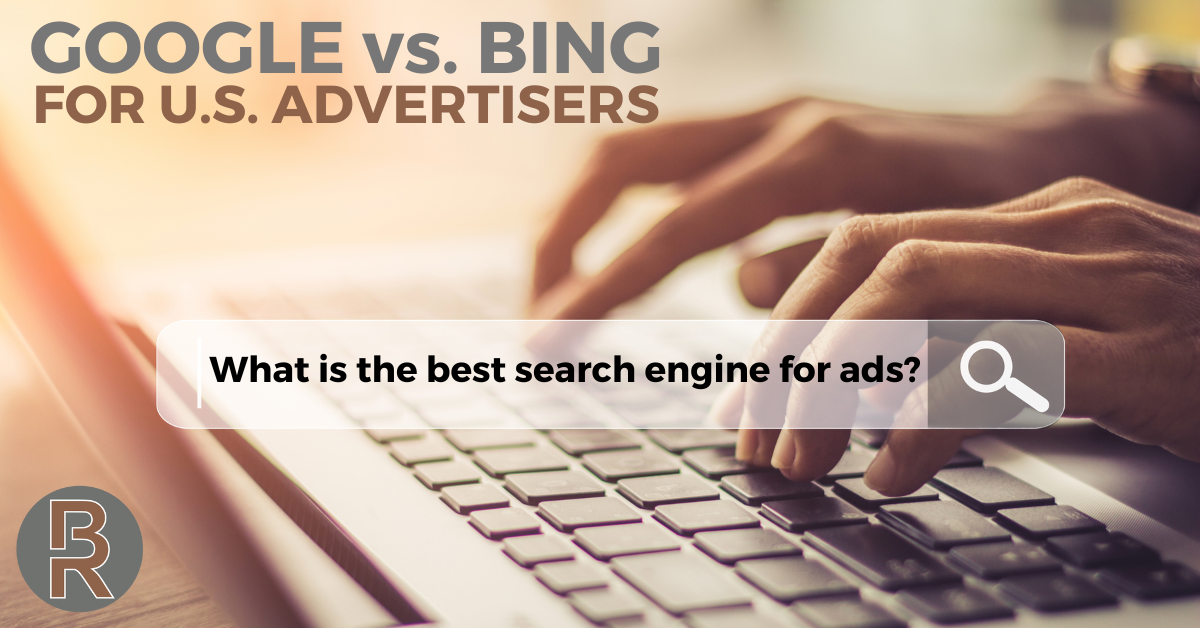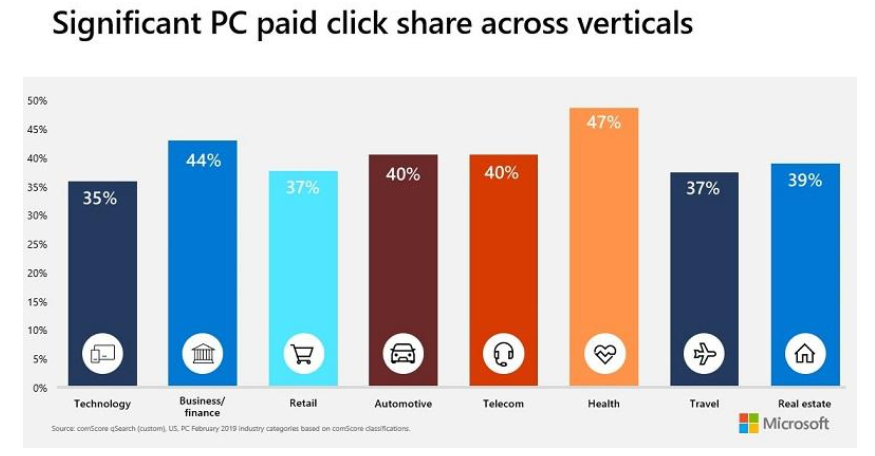
If you’re like everyone else (well, actually 64% of the desktop computer users in the US) then you likely utilize Google as your main search engine, whether you know it or not. Google-powered searches have been indoctrinated into our society as the “best” and “most powerful” ways to find reliable information on the internet. However, with the rise of other search engine providers, Google has experienced some market competition that they, until recently, have not really had to compete with before.
The way we search has changed since the days of Alta Vista. When people want to look things up on the internet, the phrase that might pop into their mind is, “I’ll Google it!” With the expansion and growing popularity of voice search, browsing the internet (in the traditional sense) is almost a thing of the past. All you have to do now is ask your phone questions that start off with something like, “Hey Siri…!” The default search engine for the majority of mobile devices is powered by Google. You can, however, change this option in the device settings.
Worldwide, Google still owns the market share for search engines with over 91% of users utilizing it. However, in the US, Bing controls 36% of all desktop searches! Many internet users today also don’t just stick with one search engine. Of the 126 million people utilizing Bing, about half use only Bing while the other half uses both Bing and Google. This is some very important information for SMB (Small and Medium-sized Business) advertisers to consider when deciding how to reach the largest possible audience. If a small business shows up in ad results for both Google and Bing, it will a) achieve that greater audience reach and b) might seem more relevant to the consumer. If I personally see an ad for a local company across different platforms, I think to myself, “Wow, these guys are everywhere!”
Bing is a Microsoft product. Many large corporations and large office environments utilize Microsoft desktop computers for their workforce. In fact, 75% of business computers are a PC. As a security measure, IT departments typically do not allow their users to add or remove programs without official approval. Some even limit the types of website content their users access online. These office computers are typically powered by the Windows operating system that uses Bing as its default search engine. So, a small business could potentially reach more business professionals through advertising on Bing. Industries that tend to do well with Bing advertising include healthcare, general B2B, and finance.

The demographic profile of the average Bing users also differs from that of Google and other search engines. Bing users tend to be a little older on average, at age 45. They are also more educated with half that have a college degree and almost 1 in 5 with an advanced degree. A third of Bing users have a higher household income of more than $100k – meaning more buying power than users of other search engines.
Finally, since there are fewer advertisers on Bing than Google (500,000 vs. tens of millions) the ad costs are much lower on Bing than Google. Bing ads also tend to have better click-through-rates and a lower cost to acquire a new customer. This is great news for small, local businesses who want to take advantage of Bing’s network in addition to Google Ads and Social Media advertising. A Bing Ads campaign is a great addition to your marketing strategy, and you won’t have to spend the same amount as you would for Google in order to achieve results.
We love working with our clients every day and it’s exciting to be part of their successes. If you would like to speak with one of our experienced marketing professionals about your business goals, give us a call at 713-309-6380 or shoot us a message via our contact form!
Sources: https://www.wordstream.com/blog/ws/2019/11/19/who-uses-bing-anyway
